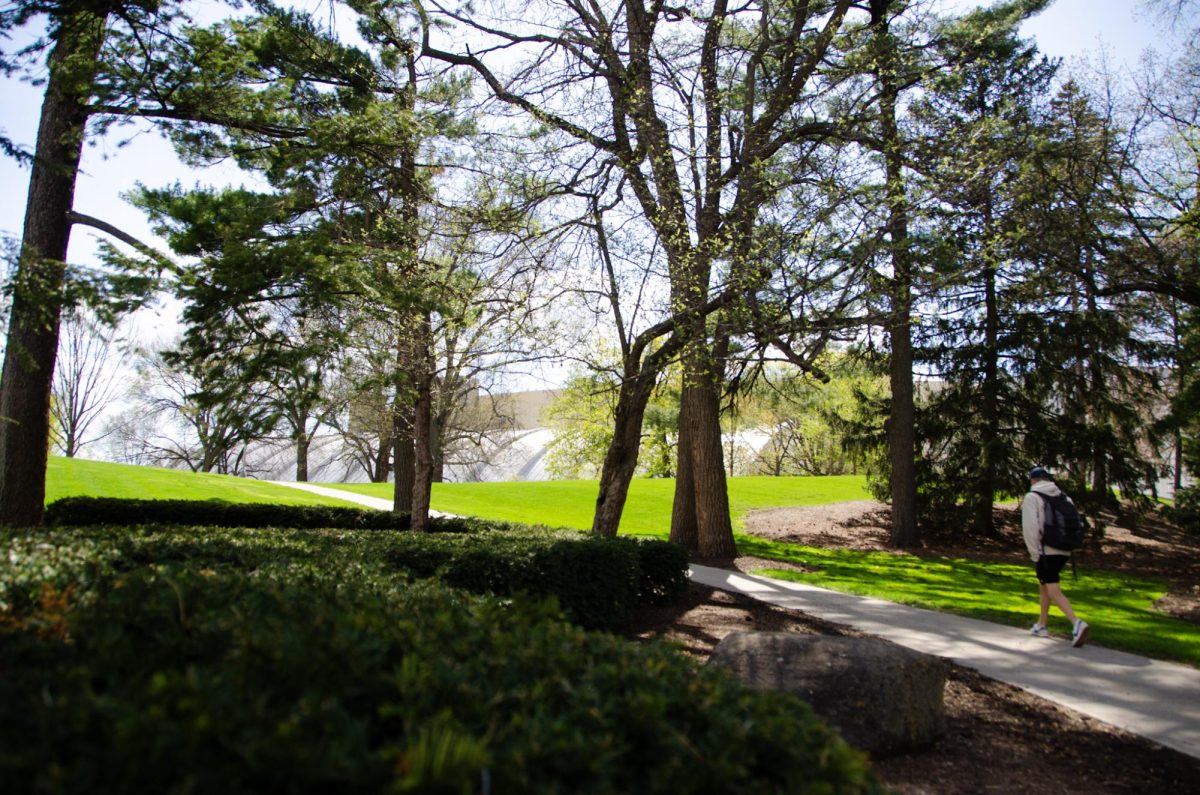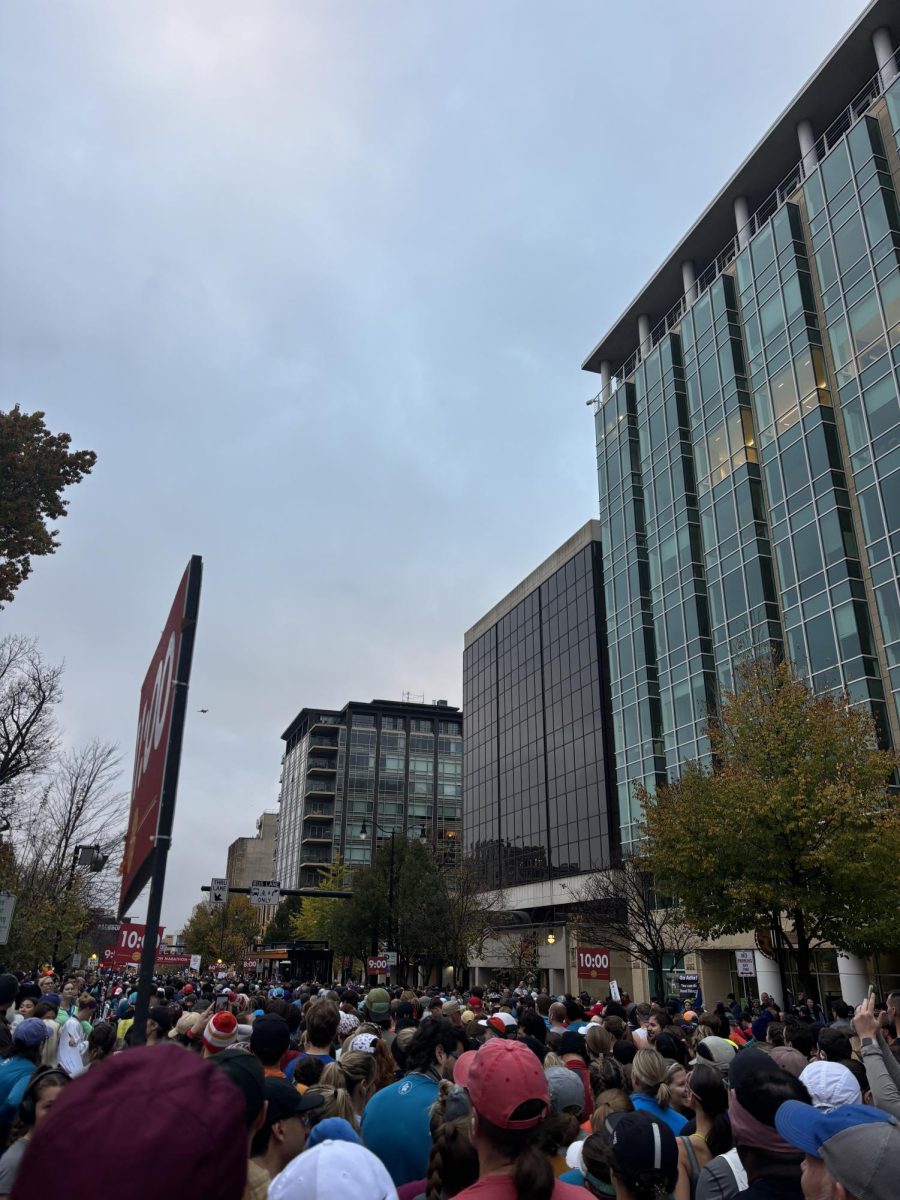When out-of-towners think Wisconsin food, they likely think of brats, cheese and beer.
However, University of Wisconsin community members say the food culture in Madison goes far beyond those staples and has more to do with farmers’ markets and local produce.
Makie Matsumoto-Hervol, a food intern and representative at UW’s Greenhouse Learning Community, said she reaches out to the Madison community to bring food-invested speakers to share food and food knowledge with students.
Matsumoto-Hervol said something that speaks to the presence of a food culture in Madison is the diverse food-related organization both on campus and off. She said F.H. King Students for Sustainable Agriculture and Slow Food are two examples of organizations that work toward bringing local and interesting food to the community.
Matsumoto-Hervol said F.H. King allows students to learn about producing and growing, whereas Slow Food gets students in the kitchen to bring flavors, chefs and people together.
The presence of UW in Madison and the fact that people from all over come into the community with their own food ideas is something that contributes to the diversity of food in Madison, she said.
“There’s this shift of a space that might be tied to particular foods or tastes, but people that come in or flow out may bring or take with them that geographical space. So the identity of food [is] fluid,” Matsumoto-Hervol said.
Jack Kloppenburg, professor of community and environmental sociology, said the food culture in Madison is principally defined by Dane County Farmers’ Market and the wealth of sustainable and alternative farmers in the area.
“I think that is the single most iconic characteristic of this area’s food culture,” Kloppenburg said. “All the appreciation for those farmers and what they produce and by the flow of food form those producers into many, many restaurants throughout the city.”
Kloppenburg said REAP Food Group also works to develop sustainable food systems in the Madison community. He said REAP connects eaters and chefs to farmers and also has an important farm to school program in Dane County.
He also said the food culture in Madison is not strictly about the sustainable and local, but also the unique and eccentric, and that it was important to draw from a variety.
“It isn’t just ‘hey, the only thing you can do is fresh, local and organic.’ Come on, nobody does that,” Kloppenburg said. “What we should be looking for is a variety of fresh, local, just, eclectic, processed. Make it interesting and buy from small, decentralized facilities wherever they are.”
He said there are opportunities to buy unique food around town, pointing to Asian Midway Foods and Willy Street Co-op, various ethnic restaurants and from a variety food producers like RP’s Pasta, which makes fresh pasta, or Just Coffee, a fair trade coffee organization.
“Food is a portal. It isn’t an end in and of itself. It is a portal into the community, a portal into the world around you, a portal into justice, a portal into sustainability,” Kloppenburg said.













